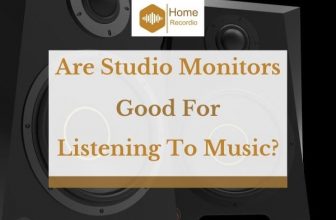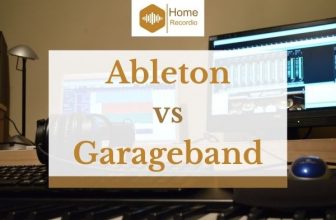What Is The Best Flooring for Recording Studio?
Producing music is one such hobby that can easily turn into a lifestyle even before you realize it. And, when it does, you will try to do everything to make sure the results always turn out perfect.
One of the most important parts of creating a perfect recording studio is to use the right flooring.
When you select the right flooring, your music will sound natural and will be controlled. And, the sound and echo will be kept to a minimum.
Perhaps all of you know that carpet is one such flooring that you should not use. It wears out fast, and also holds dust and dirt. Furthermore, it absorbs only medium and high sound waves and reflects the low frequencies.
What you will then get is poor acoustics, retracting from production, mixing, and recording.
Concrete is highly reflective but it is not aesthetically pleasing. Also, it is difficult to stand on concrete floors for too long.
So, the question is what the best flooring for recording studio is. Well, you have not one or two but four options and we shall discuss each of them right away.
Table of Contents
Hardwood Flooring
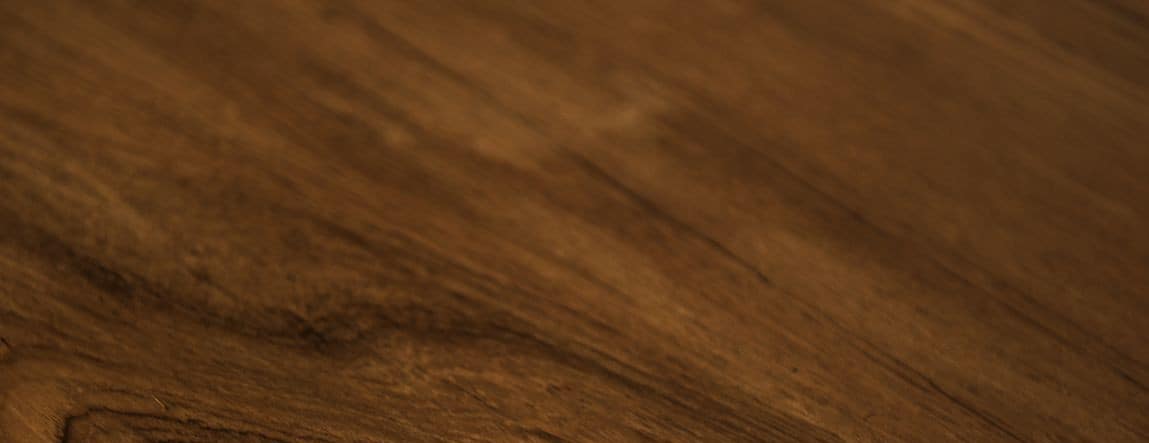
This type of flooring is constructed using wood planks milled from one piece of timber.
It is installed generally on a residence’s substrate or on the floor. Engineered hardwood flooring makes a great choice for recording studios. It can be installed using a subfloor created of concrete.
You will commonly get to see this kind of flooring in recording studios and many music stores that have luxurious acoustic rooms.
More Pricey
Compared to the other kinds of flooring, hardwood flooring is a little pricier and you must get it installed by a professional. Most people use this flooring keeping in mind its great acoustic properties.
If you consider the installation costs, then too hardwood flooring will prove to be expensive.
But, the fact cannot be denied that it has the best acoustic properties that are easy on the ear and more natural. This makes it a great option for recording purposes.
Also, it is easy to manage the sound waves that will bounce off your hardwood floor using some absorbers and diffusers in the room.
Long-Lasting
Though hardwood floors may seem expensive initially, eventually it will prove to be cost-effective because it is long-lasting and also low maintenance. So, you will not likely need to worry about repair expenses.
Considering that music studios generally have many types of equipment, you may invest in some rags to set up your equipment on.
You need to do so keeping in mind how thick your hardwood floor is and what kind of moisture absorption is there in your room.
If the room you will set up your studio in already has hardwood flooring you do not need to replace it. You can use it as it is.
But remember, you must treat the other walls acoustically so that you can draw maximum benefits from your room.
Cork Flooring
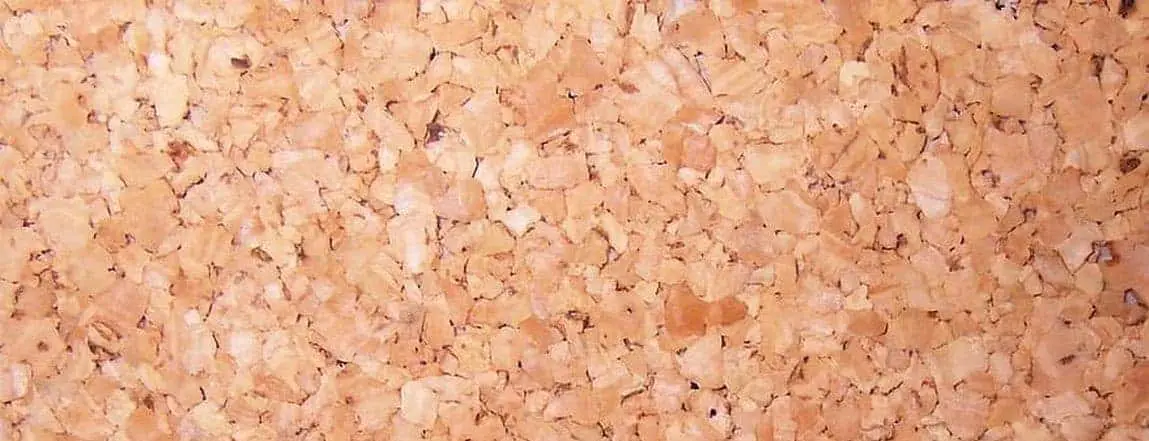
Cork flooring is yet another best flooring for recording studios. It is made by removing the bark of oak trees carefully.
This flooring is thus impermeable. It has amazing insulation properties and you can walk on it comfortably.
Furthermore, it has amazing noise insulation properties and thus makes a great flooring option for recording studios.
You should consider using this kind of floor because of its perfect noise deadening abilities. You may even use it as a sub-floor beneath any other kind of material.
As far as installation is concerned, you should ideally take the help of a professional.
They know how to cut and lay the cork the right way and have the necessary materials to complete the job with perfection.
Cork Floor vs Hardwood Floor
If you compare cork floors to hardwood floors, then the former will offer warmer sounds and the sound reflections bouncing off it will likely be a lot lower.
There are a few more things you need to know about cork floors before you consider them. These floors are usually more sensitive to humidity changes and alterations in temperature.
Even if the sealing is good, cork floors still may absorb liquids.
This is common for almost every floating floor as they all are vulnerable to damage at those gaps where they have been joined together.
However, cork flooring has many air-filled cells and so it offers a soft underfoot. Thus, it makes a good flooring choice for music studios.
You will never have an issue even if you need to stand for long hours while working on an important music piece.
Laminate Flooring
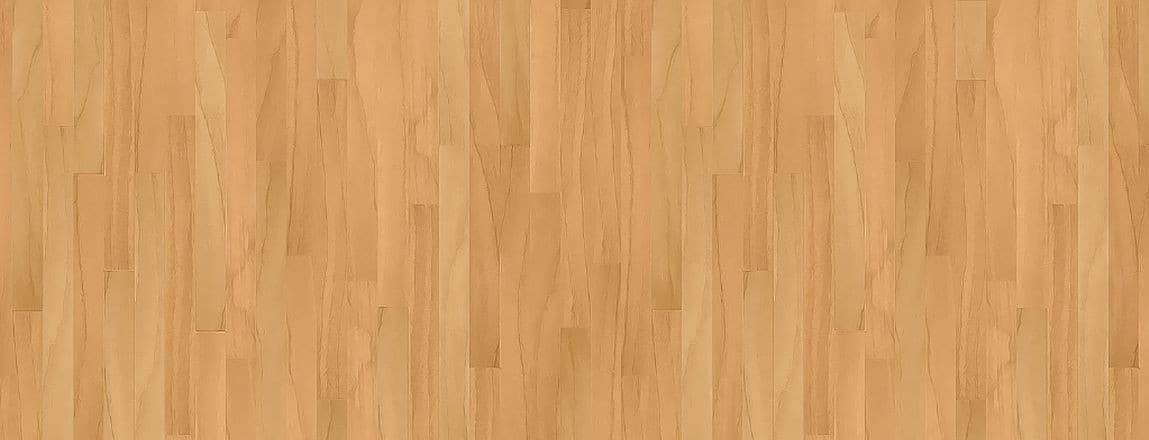
This is synthetic multi-layered type flooring.
Lamination is a technique wherein materials are manufactured in multiple layers to offer better sound insulation, stability, and great strength.
It even has more unique properties thanks to the usage of various materials like plastic.
So, laminate is basically a permanently assembled object and is made from heat, gluing, and pressure welding.
This material is cheaper compared to hardwood flooring and an amazing choice for a recording studio.
It will not offer you a similar warmth and sonic experience as does hardwood, but it still will do the job if you install it correctly.
One amazing thing about laminate flowing is that it is pretty easy to install. In fact, you may even install it all by yourself.
Laminate flooring usually is available in planks and you just need to snap them together.
Yet another amazing quality of this type of flooring is that they resist moisture well, are easy to clean, are not resonant, and you can walk on them comfortably.
Vinyl Flooring
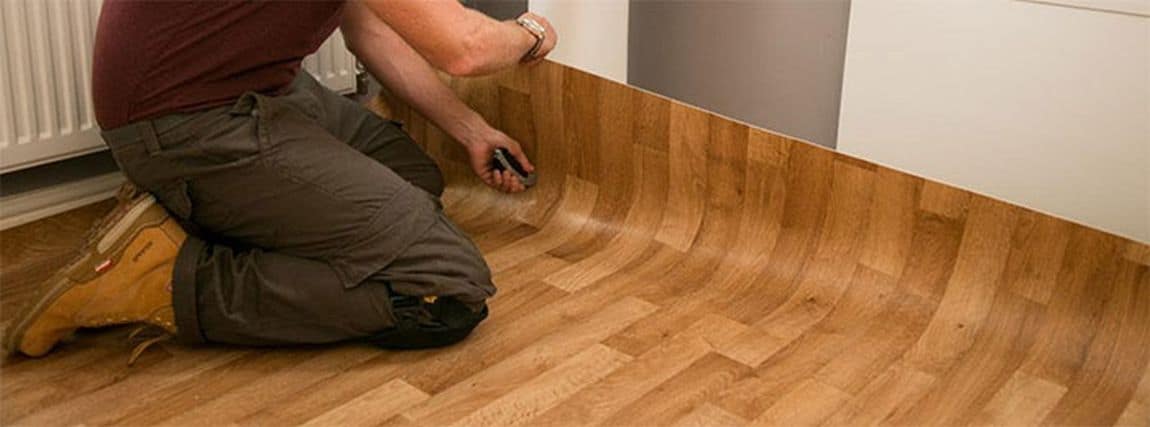
This kind of flooring is also known as tile flooring.
It is installed generally for creating a static-free environment, and you will find it in many recording studios.
If compared to laminate flooring, the vinyl one is an amazing option if you are interested in durability and water resistance.
Vinyl tile floors can be made in two ways – Inlay Vinyl tile and Rotogravure.
The inlay vinyl tile consists of many similar colored layers of vinyl, and they are merged together.
Rotogravure vinyl tile, on the other hand, is created on thin vinyl layers. On the top, it is colored using paint and has a protective coating.
Usually, vinyl flooring has heat and sound insulation properties. This is why is believed to be the best flooring for recording studio.
Owing to the sound insulation, there will be fewer sound reflections that bounce off.
And, because of the heat insulation, the floor will not emit excess heat that can become unsafe to the cables or equipment that are present on your studio floor.
Other Things To Consider
Together with selecting the right flooring, there are a few other things you need to give importance to as far as your studio room is concerned.
Size
The bigger your room, the better will it be able to accommodate your recording and music equipment.
You will always enjoy better quality recording in a large room that also has a high ceiling.
Acoustics
Rooms that have parallel walls and low ceilings generally have bad acoustics.
You must opt for acoustic treatment to make a room work as you will not likely see rooms with asymmetrical walls in normal homes.
They are designed especially for studios. You must consider sound dampening panels.
If you are hiring experts then they already are aware of these panels and know how to install them.
However, if are interested in a DIY project, then there are enough guides on the internet for your assistance.
Noise
You have to find out the sources of any external noise. It can be because of crickets and birds, plumbing, busy roads nearby, and even noisy neighbors.
You have to find a room that is quiet and isolated. Also, the room should be such wherein you can work whenever you want and will never be disturbed.
Try to opt for a room that is away from your living space. If there is any room in the basement then that will make the best option for setting up your studio.
Herein you can enjoy full privacy and there will also be no noise disturbances.
Conclusion
Now that you know what the best flooring for recording studio is, you can go ahead and get the one that will match your needs and budget best.
Even if you cannot afford the expensive hardwood or laminate flooring, you still have two other options, which too will prove to be a good choice for your recording studio.
If you have opted for an expensive one then it will be best to hire a professional to get it installed perfectly.
However, if you plan to do it yourself, then first go through some videos and articles to learn how you can do it the right way.
After all, you do not want to miss out on anything now and regret later.
So, make sure you are very careful while selecting and installing your studio floors, and then you will be amazed at how big an effect it has on your music production and quality always.

